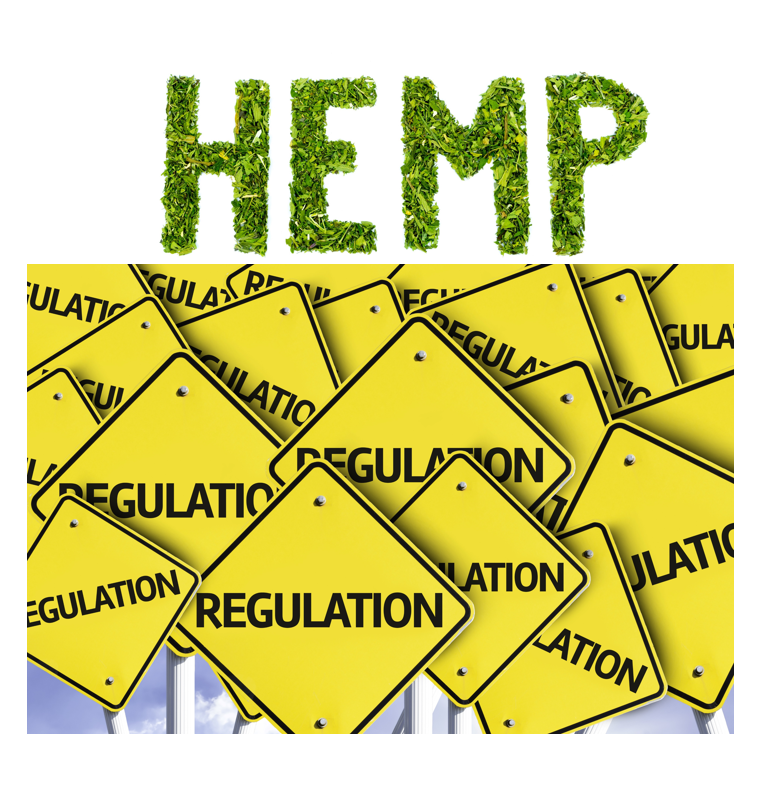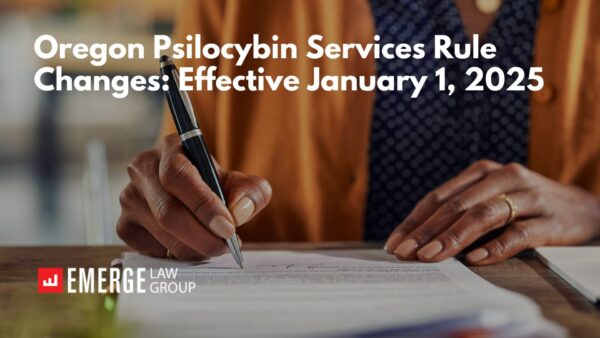Hello Friends. Following the passage of the 2018 Farm Bill (see previous hemp posts Breaking News: Congress Passes 2018 Farm Bill and FDA Comes Out of the Shadows on CBD), we’ve been receiving unprecedented interest from clients wanting to get into the hemp business or expand their existing business activities. Emerge wishes to remind these folks that, despite all the fanfare surrounding the Farm Bill’s passage, for the time being, state law still applies to the hemp industry in Oregon. And the state’s governing body for hemp, the Oregon Department of Agriculture (ODA), recently published new hemp rules. See our list below of key rule changes that all Oregon hemp business owners should be aware of (a complete compilation of the current rules can be found here):
– Only an ODA industrial hemp registrant, i.e., licensee, may sell, store, or transfer industrial hemp (this applies only to the plant and parts of the plan, not hemp products and commodities).
* Note that ODA registrants with a valid OLCC hemp certificate may still transfer industrial hemp and industrial hemp products to OLCC processors and that OLCC is drafting rules to allow such registrants to make transfers to OLCC wholesalers and retailers as well.
– ODA registrants may not sell industrial hemp products to consumers that exceed 0.3% THC.
– Industrial hemp biomass (plant and plant parts) may only be processed by ODA industrial hemp handler registrants (although once processed into another product, e.g., oil, isolate, the product may be further processed without an ODA registration.
– Hemp growers with multiple grow sites require a “master” registration and individual “sub” registrations for each grow site, each of which require a separate application.
– Except for a grower using viable seed to propagate their own hemp, registrants who deal in viable hemp seed, e.g., to produce or process for commercial purposes, also require an agricultural hemp seed producer registration.
– There are new data collection requirements for hemp growers and handlers, including amounts harvested/processed, and other information.
– Most changes to the business structure must be approved by ODA prior to making the change.
– When transporting industrial hemp or seeds, registrants must carry a copy or their registration(s) and pre-harvest test results.
– Growers may only use pre-harvest laboratories who require their staff to complete ODA sample training prior to taking test samples.
– A pre-harvest sample fails testing if the sample contains an average THC concentration of 0.35% or over; test results indicating .34% or less THC passes.
– Growers may seek to re-test or remediate a harvest lot that fails THC testing with fulfillment of certain requirements.
Remember, you must comply with all state laws and regulations when conducting hemp business activities in Oregon. The above are just a few of the new rule changes; you should be familiar with all current rules. If you have any questions about local, state, or federal industrial hemp law, please feel free to contact us and we’ll direct you to one of our industrial hemp experts. Stay tuned for more posts on hemp and other issues confronting the state, national, and international cannabis industries.





